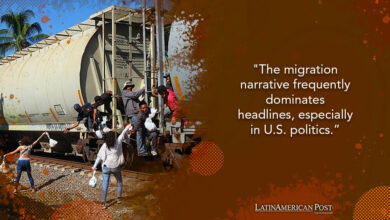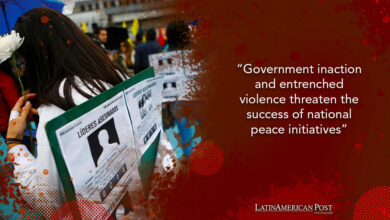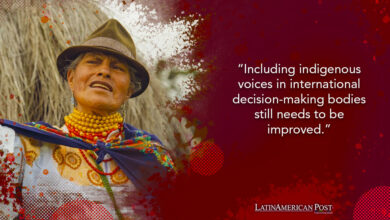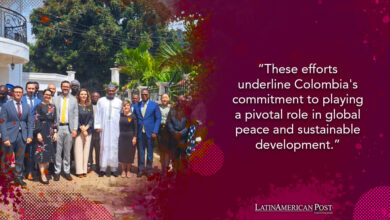Judicial Censorship Threatens Journalism in Paraguay
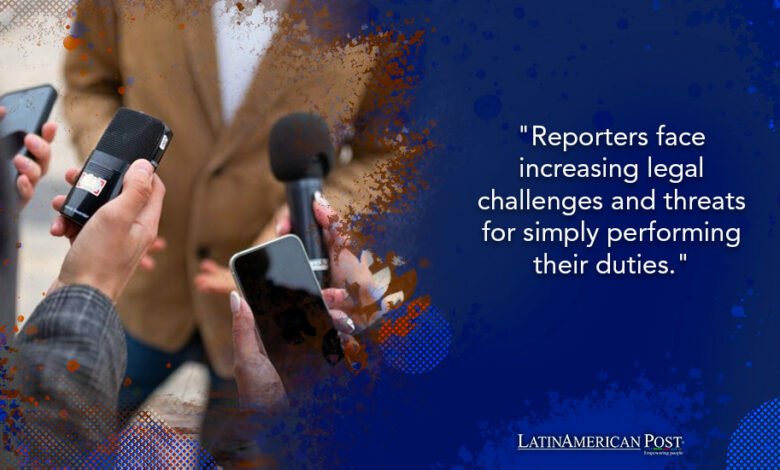
In Paraguay, the alarming rise of judicial criminalization against journalists poses a severe threat to press freedom, as reporters face increasing legal challenges and threats for simply performing their duties.
The state of press freedom in Paraguay, as recently highlighted by the Inter-American Press Association (SIP), is under significant threat. This points to a broader problem that afflicts not only Paraguay but Latin America at large. The troubling trend of judicial criminalization against journalists underscores a growing assault on the very pillars of democracy.
Press Freedom Under Threat in Paraguay
In its mid-year report on press freedom in the Americas, SIP raised the alarm over multiple instances where Paraguayan prosecutors and attorneys demanded the identities of journalists who reported on former President Horacio Cartes. This request alone signals a concerning attempt to intimidate those holding power to account. The request for information from newspapers such as ABC Color and Última Hora, seeking certified copies of articles and the identities of the reporters responsible, marks a worrying use of legal tools to silence critical voices potentially.
The implications of such actions are profound, extending beyond the borders of Paraguay. Across Latin America, journalists often operate in environments where exposing corruption or critiquing government actions can lead to severe repercussions. The situation in Paraguay is a stark reminder of the fragile state of press freedom in the region, where governments and powerful interests often use legal frameworks to suppress dissent.
Moreover, misusing laws intended to protect the public is particularly egregious. SIP’s report points to the possible improper application of Law 5777/16, designed to protect women from violence. Instead, this law has been reportedly wielded as a censorship tool, with protective measures being invoked by officials to stifle journalists who dare to criticize them. This abuse of legal instruments is a clear example of how laws can be twisted to serve the interests of those in power rather than protect the vulnerable.
Journalists Face Judicial Censorship
Journalists like Mabel Portillo face judicial censorship for reporting on local government misconduct. In her case, the mayor of Yataity, Gloria Duarte, used accusations of violence against women as a pretext to silence Portillo’s investigative reporting. This tactic not only undermines the law’s intent but also sends a chilling message to other journalists: that coverage displeasing to local authorities could have serious legal consequences.
Threats against journalists extend into more dire territory. Vicente Godoy, after reporting on corruption, received death threats so severe that he felt compelled to seek asylum. This is not an isolated incident. Journalists across Paraguay, like Jorge Daniel Romero, Hernán Victorio González, and Juan Alcaraz, have reported similar threats, often linked to their exposés on local political figures.
The case of Alex Álvarez, a journalist murdered in Pedro Juan Caballero in early 2023, is emblematic of the ultimate price some pay for their commitment to truth. The lack of thorough investigation into his death by police and prosecutors not only denies justice to Álvarez but also perpetuates a climate of impunity that encourages would-be assailants.
Regional Crisis in Press Freedom
These developments in Paraguay indicate a more significant regional crisis where the freedom of the press is under siege. Countries across Latin America have witnessed similar patterns, where governments and affiliated entities use the judicial system to control or suppress media voices that attempt to hold them accountable. This strategy corrupts the justice system and erodes public trust in institutions supposed to protect rights and freedoms.
The role of international bodies and regional neighbors in addressing these issues is crucial. There must be a concerted effort to pressure governments to uphold the principles of freedom of the press and protect journalists from judicial and physical threats. Organizations like SIP must continue to expose these abuses, advocating for stronger protections and reforms that shield journalists from being targets of state and non-state actors.
Also read: Paraguay’s Embassy Closures: A Strategic Misstep?
As observers and advocates for democratic values, we must not be silent. The erosion of press freedom in Paraguay and similar patterns across Latin America demand our attention and action. Supporting journalists, demanding accountability from governments, and strengthening legal protections for the press are essential steps in safeguarding the watchdogs of democracy. Their ability to report freely is their right and a cornerstone of our collective freedom. In Paraguay, as in the rest of Latin America, the battle for a free press is a battle for the soul of democracy itself.

